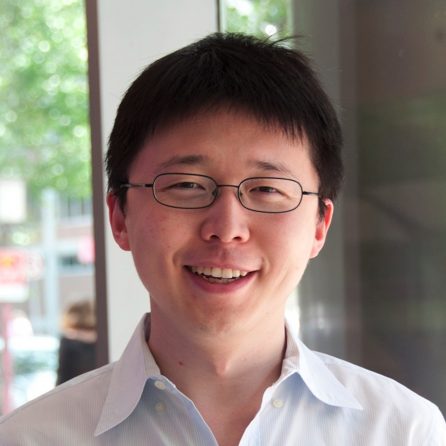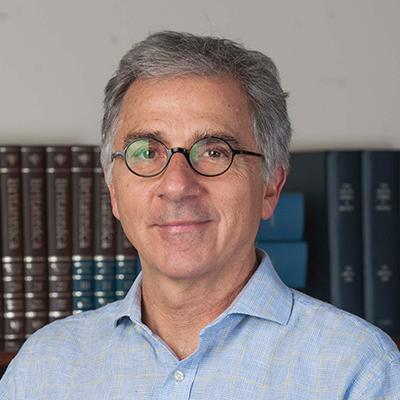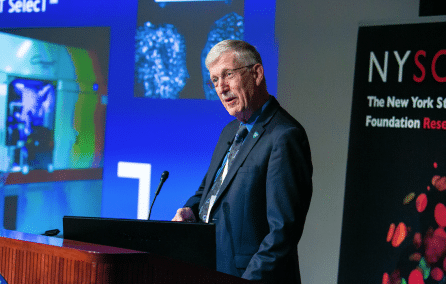Claims of First Gene-Edited Babies Spark Concerns
NewsReports this week that a researcher in China has created genetically modified children using the gene editing technology CRISPR have been met with widespread concern. Dr. He Jiankui, a physicist on faculty at the Southern University of Science and Technology in Shenzhen, China, claims that he used CRISPR in the in vitro fertilization process of twin girls born this month.
NYSCF shares these concerns about Dr. He’s claims, which would constitute a premature clinical use of CRISPR technology. CRISPR gene editing is instrumental in disease research being carried out in our laboratory and by our global community, and clinical trials are underway for CRISPR correction of mutations that cause certain diseases. These applications adhere to the global consensus in the scientific community against engineering inheritable genetic changes.
In violation of this consensus, Dr. He claims to have engineered the modifications in an embryo rather than in the cells of an adult. Additionally, his use of gene editing to bolster the twins’ resistance to their father’s HIV virus did not address an unmet medical need, as effective methods for preventing inheritance of the HIV virus already exist. These issues, along with the secrecy surrounding Dr. He’s actions, make his work deeply troubling to the greater research community. Before CRISPR is used to alter the genomes of unborn children, further research must be performed to ensure that the technology is safe, and broad consensus building involving all stakeholders is essential.

“Not only do I see this as risky, but I am also deeply concerned about the lack of transparency surrounding this trial,” said CRISPR pioneer and NYSCF–Robertson Stem Cell Investigator Dr. Feng Zhang, a Core Member at the Broad Institute of MIT and Harvard, and Professor of Brain and Cognitive Sciences and Biological Engineering at MIT, in a statement. “All medical advances, gene editing or otherwise and particularly those that impact vulnerable populations, should be cautiously and thoughtfully tested, discussed openly with patients, physicians, scientists, and other community members, and implemented in an equitable way.”

“The International Society for Stem Cell Research (ISSCR) supports laboratory-based research that involves editing of the nuclear genomes of human sperm, eggs, or embryos, but that is only when it is performed under rigorous review and oversight, as suggested in our international guidelines,” said ISSCR president Dr. Doug Melton, a founding member of NYSCF’s Medical Advisory Board, in a statement. “We do not support any clinical application of human germline or embryo editing at this time.”
“It is profoundly unfortunate that the first apparent application of this powerful technique to the human germline has been carried out so irresponsibly,” said National Institutes of Health Director Francis Collins, MD, PhD, in a statement. “Should such epic scientific misadventures proceed, a technology with enormous promise for prevention and treatment of disease will be overshadowed by justifiable public outrage, fear, and disgust.”

Dr. He presented his work at this week’s Second International Summit on Genome Editing in Hong Kong, whose hosts included the National Academies of Science and Medicine. Following extensive discussions at the Summit, the organizing committee issued a statement that Dr. He’s work was “irresponsible” and fundamentally unethical.
“The organizing committee concludes that the scientific understanding and technical requirements for clinical practice remain too uncertain and the risks too great to permit clinical trials of germline editing at this time,” they said. “Progress over the last three years and the discussions at the current summit, however, suggest that it is time to define a rigorous, responsible translational pathway toward such trials.”
Read more from:

